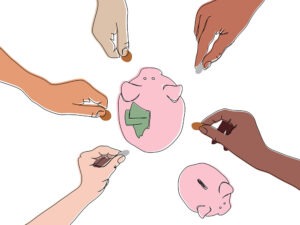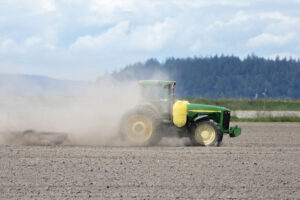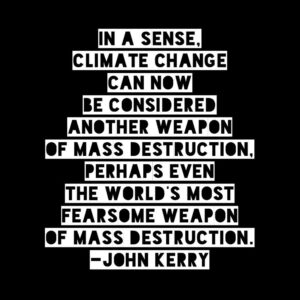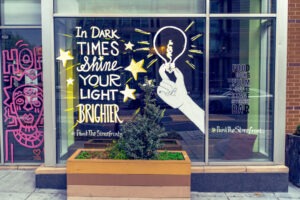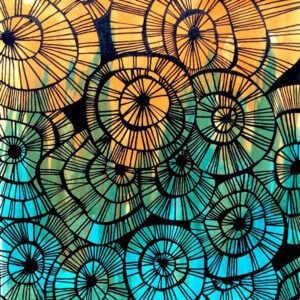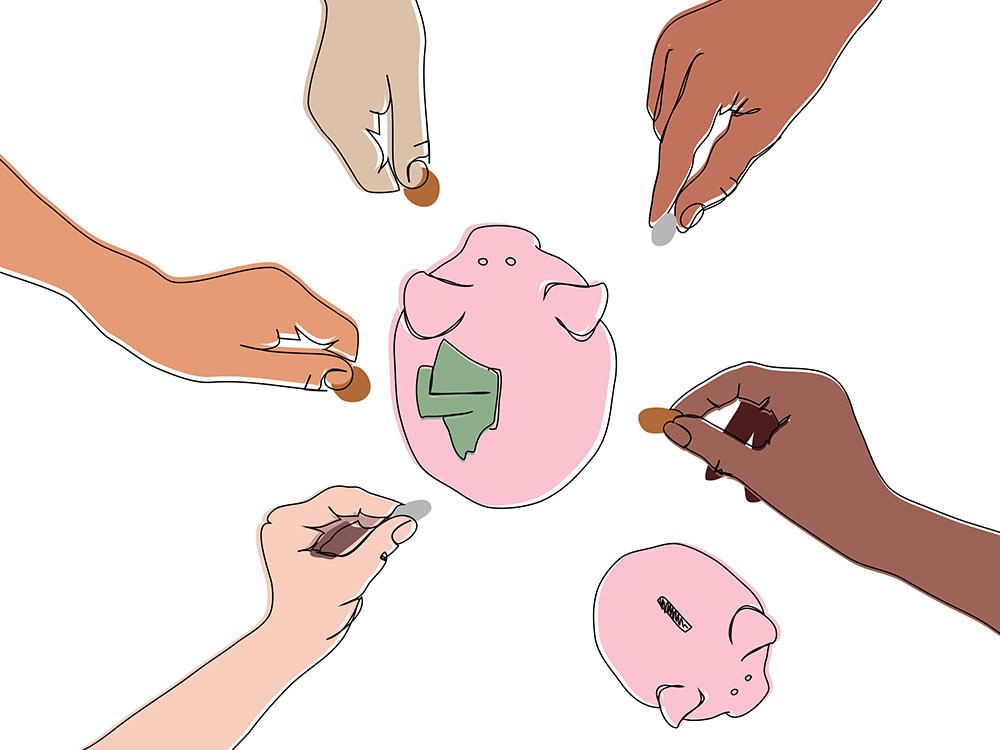June 30, 2016; NPR
Forty billion pieces of plastic cutlery are used each year by the United States. When looking at the world’s use of plastic utensils, this number increases an incredible sixteen-fold. All of this waste contributes to the United Nations estimated 110 million tons of plastic consumed each year worldwide, leading to overflowing landfills and contaminated oceans. What if we could actually cut down on this ecological footprint instead of adding to it? Narayana Peesapaty not only envisions a world where this has occurred, his company, Bakey’s, is getting us one step closer to that future.
Bakey’s is an up and coming start-up that sells edible spoons made from sorghum, rice, and wheat. The cutlery comes in three flavors: plain, sweet, and savory. Gluten-free spoons, as well as additional flavors, are available upon request at a higher price. They have a shelf life of three years when not taken out of the shrink-wrap. When used in liquids such as soup and ice cream, the spoons last about 10 to 15 minutes before getting too soggy to serve as a utensil. Once done with your meal, the utensils can be eaten, of course, or used as compost (they degrade within 3 to 7 days). This is in stark contrast to plastic utensils, which never biodegrade. Moreover, biodegradable plastics emit methane when they break down—a greenhouse gas that is considered far more harmful than carbon dioxide.
Sign up for our free newsletters
Subscribe to NPQ's newsletters to have our top stories delivered directly to your inbox.
By signing up, you agree to our privacy policy and terms of use, and to receive messages from NPQ and our partners.
Still, some environmentalists wonder whether edible cutlery trades one environmental concern for another. Sustainability consultant Ben Kneppers says, “If you are producing crops which require land, water and energy solely for the purpose of making single-use cutlery, then you could still run into a big ecological footprint, one that could compete with land meant for producing food.”
While there is some trade-off, Peesapaty was intentional in his choice of ingredients for Bakey’s. Sorghum, the main grain in Bakey’s cutlery, is easily grown in 95% of land used for growing crops, requires fewer nutrients to grow, and drains far less water than do comparable crops such as corn. Thus, the edible spoons have a more positive environmental impact than other brands of edible spoons and biodegradable or nonbiodegradable plastic cutlery.
In a March, 2016 interview with Forbes, Peesapaty says, “The cutlery is tasty, nutritious and environmentally friendly.” With its promise of a green future and triple-bottom-line framework, people the world over have started to take notice. Bakey’s Kickstarter campaign raised $278,874, far surpassing the $20,000 goal. Press from Tree Hugger to Business Insider have covered the start-up. As sales continue to grow, Peesapaty hopes to drop the price of his cutlery and make edible utensils a household staple. He says, “If health, hygiene and eco-friendliness are priorities for the government and people, such products will get momentum and will actually become the new need.”—Sheela Nimishakavi


